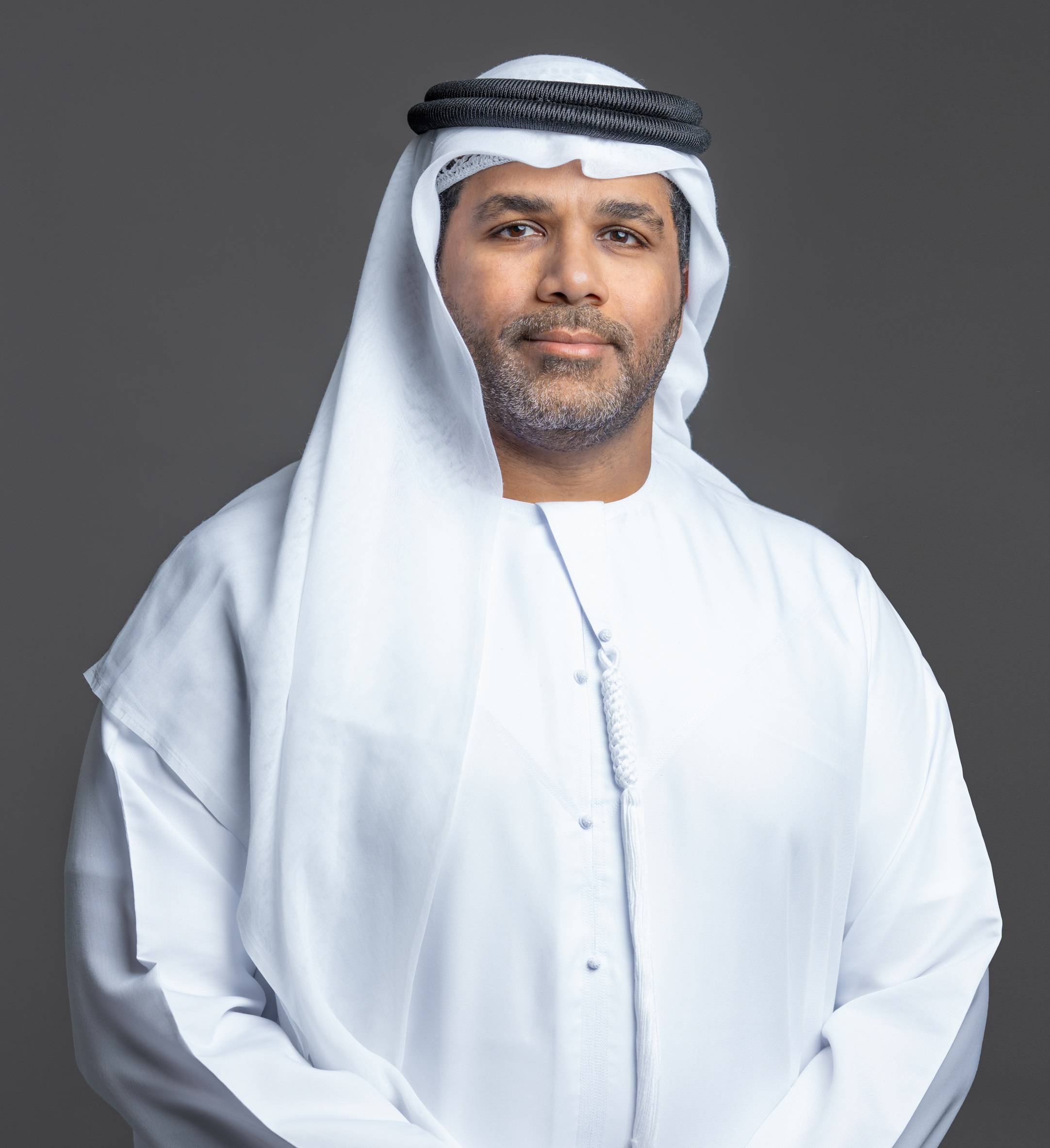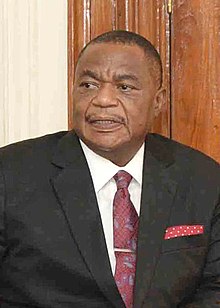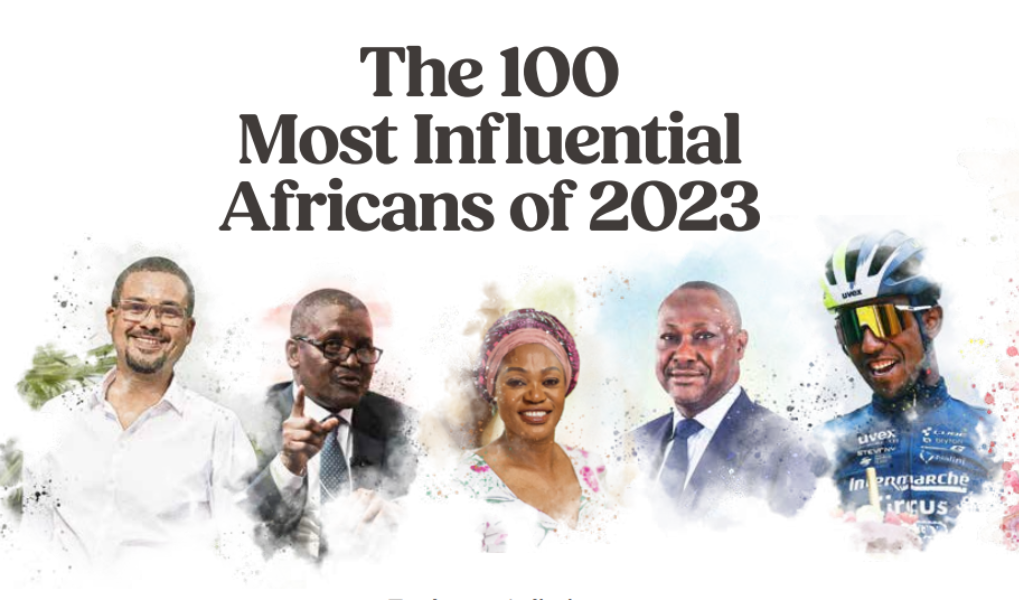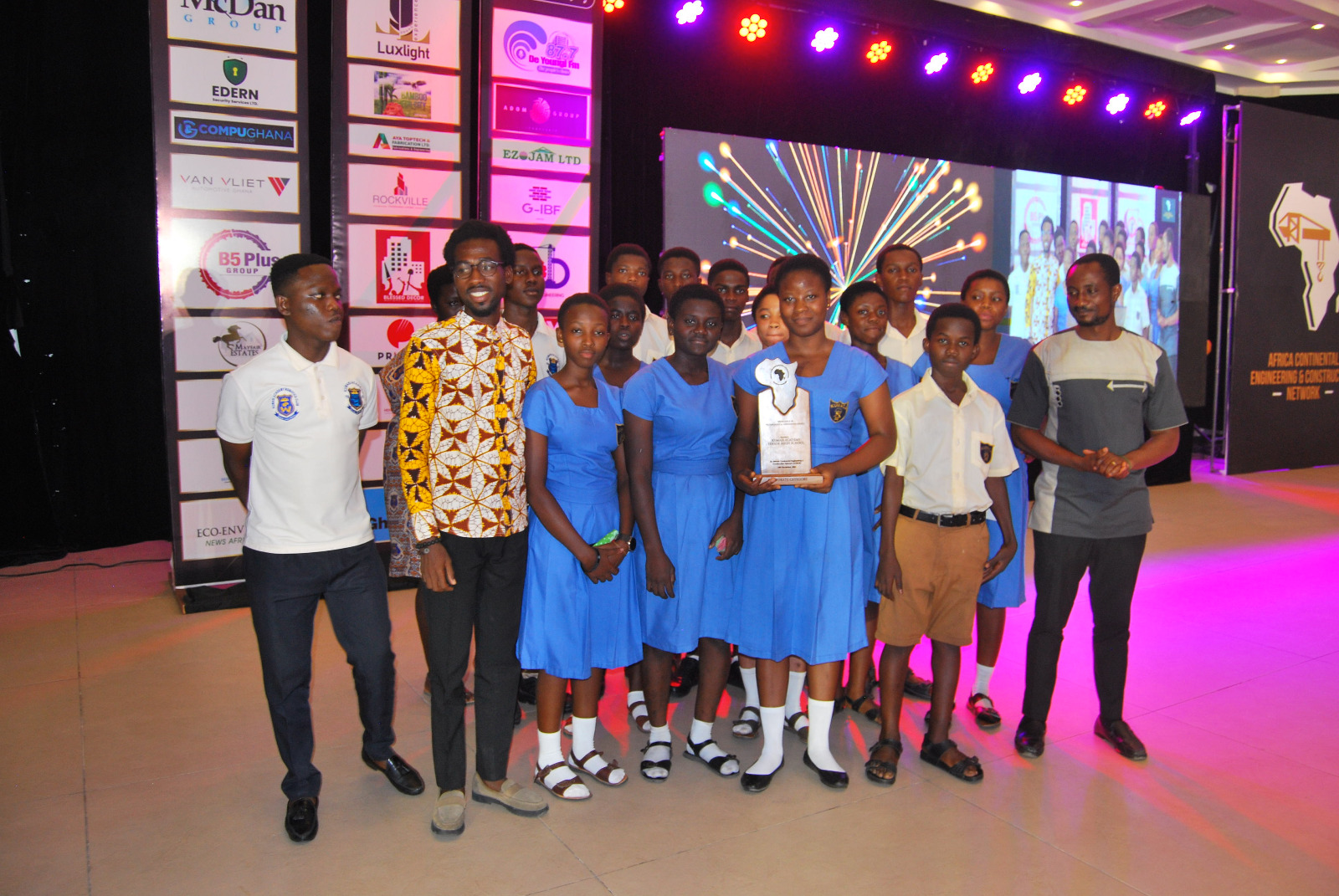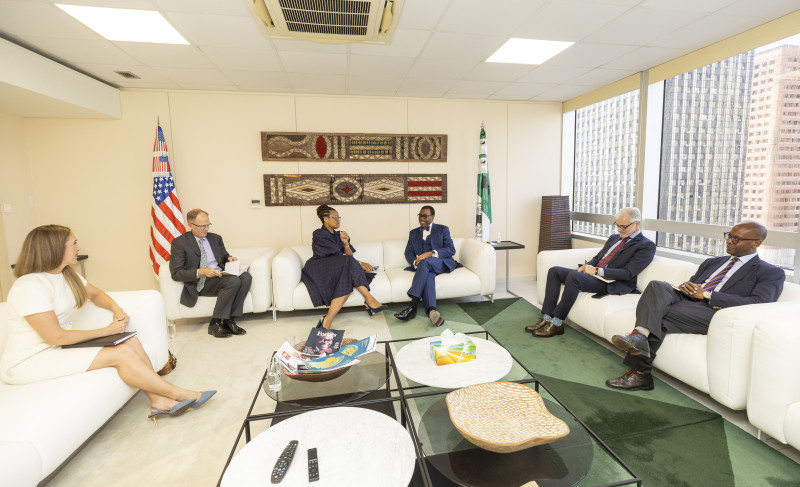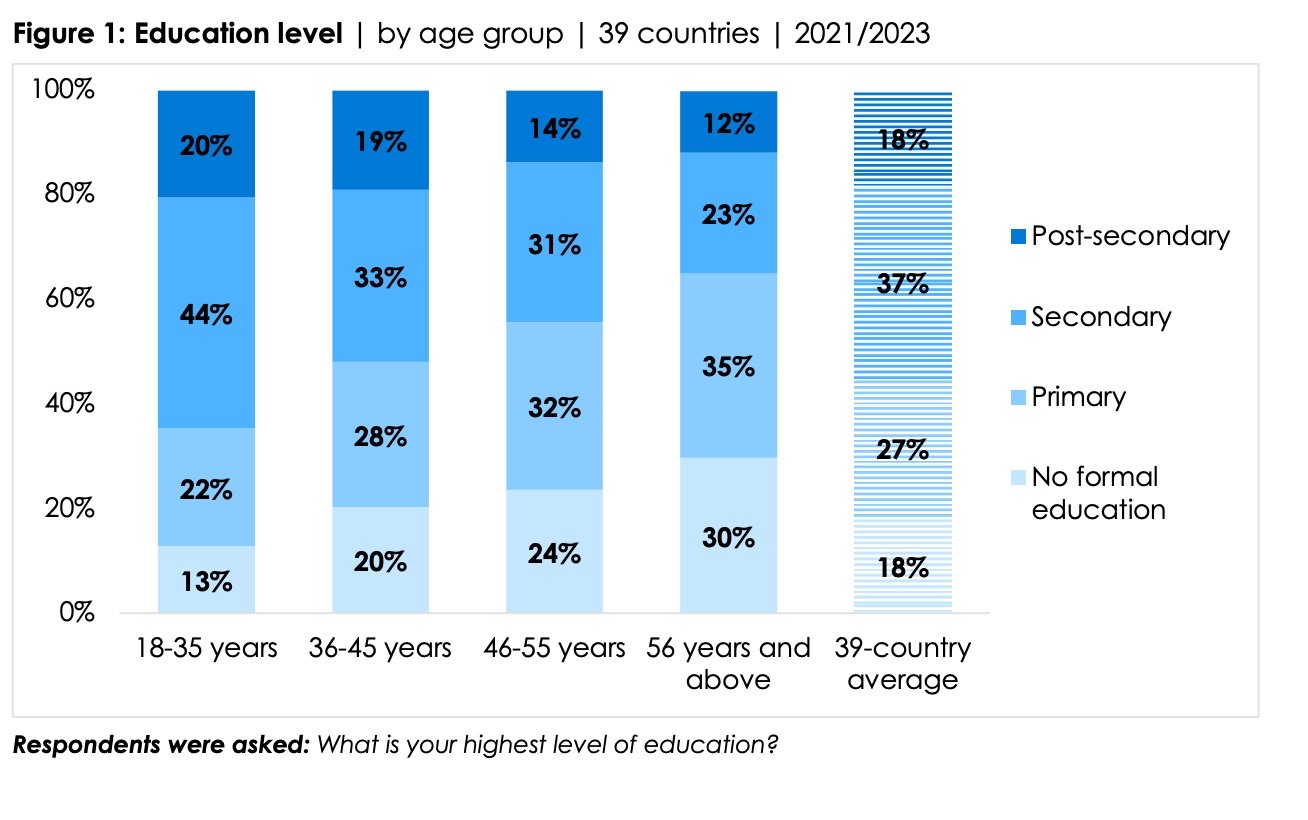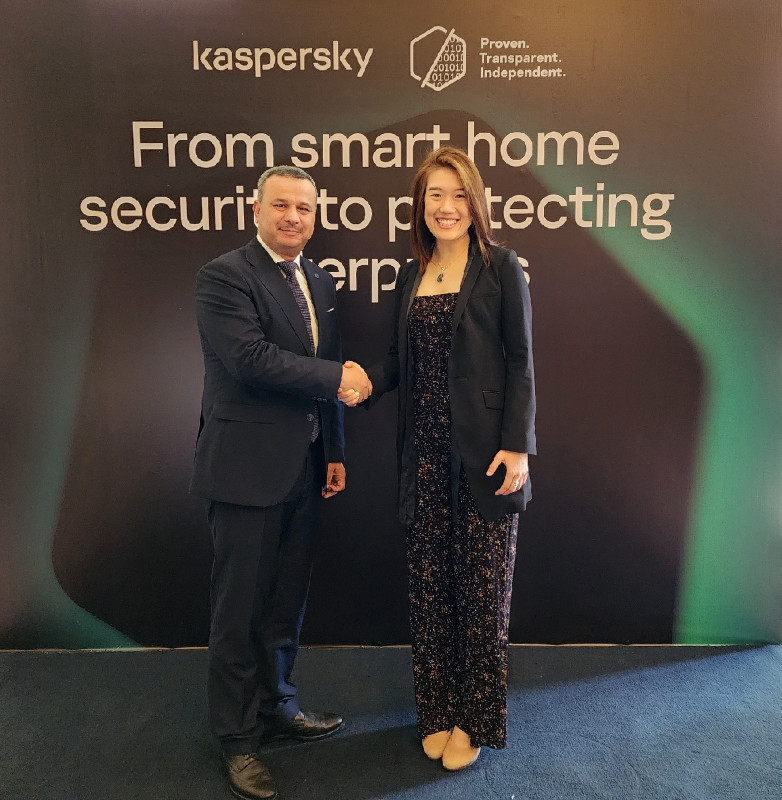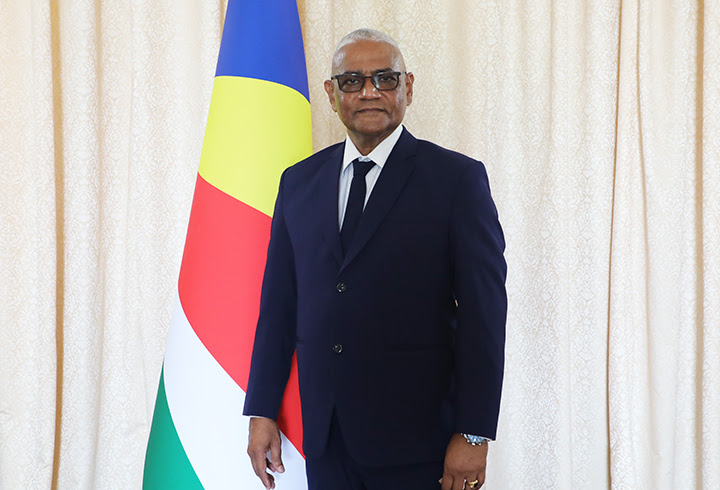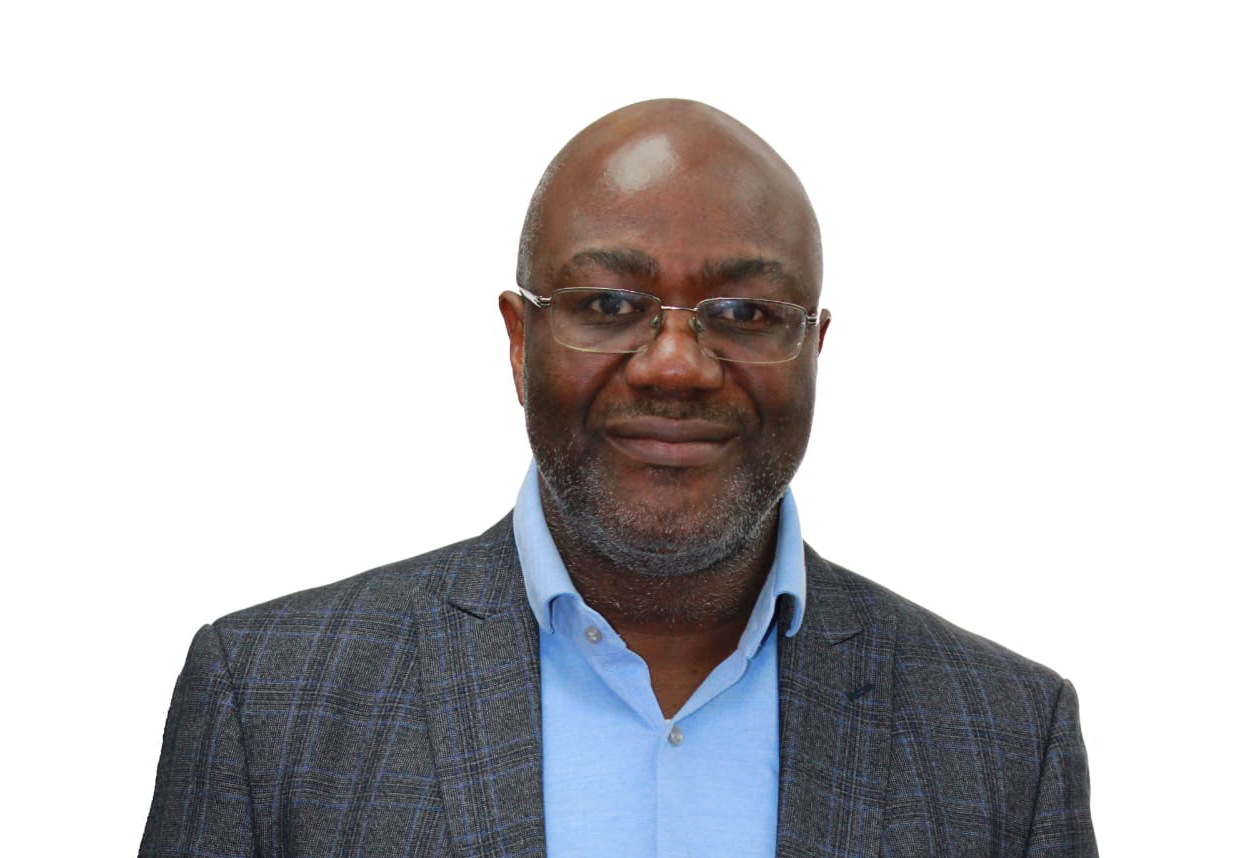Marrakech, Morocco: The AI mania that’s transforming business, government and society globally is also igniting waves of innovation across Africa, with the shape-shifting tech’s existential prospects powering a cross-continental investment surge at the AI Everything Expo by GITEX AFRICA in Morocco next month.
Africa’s epic AI opportunity is already disrupting digital advancements in diverse sectors from finance and agriculture, to healthcare and mobility, all fueling a booming AI market that, according to analysts Statista, will grow 30 percent annually over the next six years to value US$17 billion by 2030.
This massive AI rush combined with a rapidly growing population of 1.5 billion people – of which 70 percent are under the age of 30 – creates a potent recipe of AI acceleration, but highlights gaps in talent development, venture allocation, policy and infrastructure.
These crucial challenges and opportunities will be addressed when the world’s AI cognoscenti and pivotal power players of its widespread deployment unite to fast-track the continent’s next big tech shift at the AI Everything Expo by GITEX AFRICA, the year’s largest and most progressive platform for AI exploration and deep tech innovation.
Taking place from 29-31 May 2024 in Marrakech, Africa’s powerhouse tech showcase will feature the world’s tech titans spearheading the AI gold rush, including Microsoft, IBM, Huawei, Nvidia, and Google, along with hundreds of AI ambitious start-ups from across the globe with grand visions to change Africa via AI-infused products and services.
An AI continent ‘brimming with investment opportunity’
Microsoft, the world’s most valuable company, and GITEX AFRICA’s official AI Partner, is leading the way in the AI investment race, having forged partnerships with the world’s hottest makers of AI models, including the UAE’s G42, a global leader in visionary AI.
Microsoft’s recent US$1.5 billion strategic investment in G42 to accelerate AI development in growing economies such as Africa will be welcomed by big tech executives, government leaders, investors and tech entrepreneurs alike at GITEX AFRICA 2024, which will also feature Presight, G42’s big data analytics company powered by generative AI.
Lillian Barnard, President of Microsoft Africa, said AI can unlock a continent “brimming with investment opportunity.” “Africa has long been recognised for its formidable growth prospects and AI is the long-awaited key to help unlock that potential,” said Barnard, who will also be a headline speaker at GITEX AFRICA’s power-packed conference programme.
“The AI-powered innovation we’re seeing today is poised to reinvent every aspect of society from healthcare to financial services, manufacturing and beyond. If Africa is to benefit from the paradigm shift currently sweeping the globe, we must make the promise of AI real for people and organisations across the continent – and do so responsibly. GITEX provides us with a platform to come together and work towards fulfilling that commitment.”
Dr. Adel Alsharji, the COO of Presight, added that Africa is the second-fastest growing region globally in AI adoption. “Africa’s AI journey is gaining momentum, and this progress highlights the continent’s readiness to explore and harness the potential of AI for driving economic growth and addressing local challenges,” said Alsharji, adding that demand for AI-related jobs will increase two-fold over the next three years. “AI could add US$13 trillion to the global economy by 2030, while the number of AI-related jobs in Africa alone is expected to grow by 200 percent by 2025.”
A formidable African force in a world-changing AI revolution
The AI Everything Expo will gather the brightest minds and most innovative thinkers in the field of AI at the AI Everything Conference, one of 10 powerful conference stages at GITEX AFRICA, the continent’s largest tech and start-up show.
Headline speakers leading the AI phenomenon include Dragoș Tudorache, Vice-President of the Renew Europe Group; Mactar Seck, Chief of Technology and Innovation at the United Nations Economic Commission for Africa (UNECA); and Jepson Taylor, Former Chief AI Strategist, Dataiku.
AI and it’s far-reaching multisectoral impact will be evident on the exhibition floor, with exhibitors showcasing how the AI boom is turbocharging waves of innovation across industries, from education and agriculture, to transport, retail, energy, or logistics.
Clinify, a Nigerian start-up epitomises this movement in the healthcare sector, and is one of hundreds of global change-makers at GITEX AFRICA’s North Star Africa start-up showcase. Clinify, an electronic medical record (EMR) platform seeks to digitise patients’ medical records in Africa, where 90 percent of such information is still paper based.
CEO and Founder Michael Omidele, said there’s an urgent need for centralised and digitised medical records. “Africa’s healthcare sector faces several challenges; there’s only one doctor available for every 10,000 patients whereas the average in developed countries is one doctor for every 250 people,” said Omidele.
“Clinify is a one of a kind African solution offering a digitally centralised and standardised interoperable aggregator of healthcare systems, a telemedicine platform, and an EMR solution giving patients access to their medical records. Our goal is to network with healthcare providers, to expand this innovation from Nigeria and export it across Africa.”
Under the High Patronage of His Majesty King Mohammed VI of the Kingdom of Morocco, GITEX AFRICA is held under the authority of the Moroccan Ministry of Digital Transition and Administration Reform, in partnership with Morocco’s Digital Development Agency. The 2nd blockbuster edition, organised by KAOUN International, follows its pioneering debut in 2023.
More information is available at www.gitexafrica.com.
